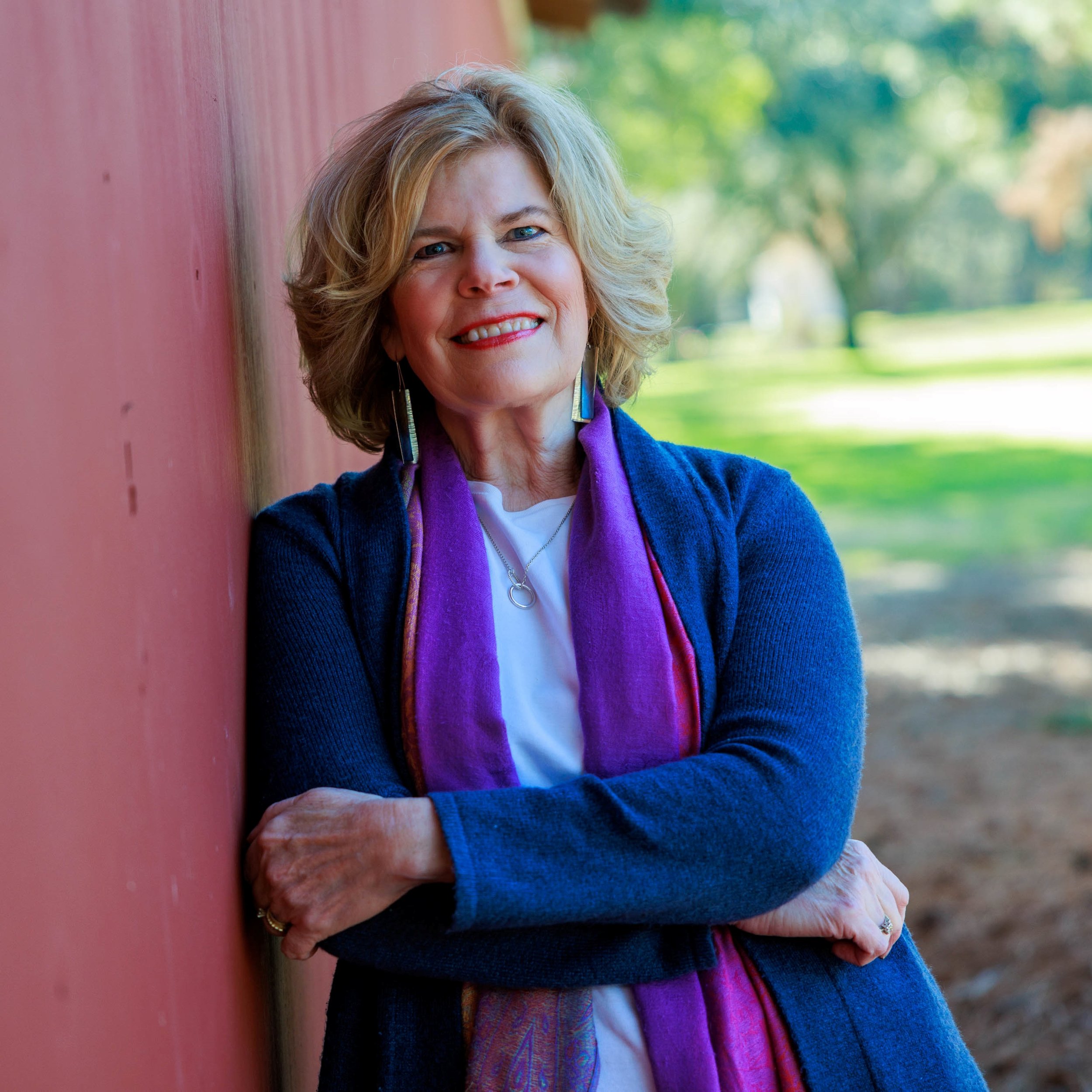Being Phoebe: What It Takes to Be a Woman of God
By Maggie Wallem Rowe
Do you ever feel like you’re tied up in knots trying to be everything everywhere all at once?
Maybe you’re a mom or a grandmom, and you really want to be there for your family whatever their current needs. Your employer has needs, too — ones you’ve been hired to meet. And what about the church or parachurch organization you volunteer for? There’s so much to do and so little of you to go around.
But how can you step down when there are too few willing to step up?
This past spring, my husband and I spent several months serving an international church in Norway. I loved gathering with women representing so many different nationalities: Pernilla and Kari from Norway, Elaine and Carlynn from Scotland, Dumebi and Patricia and Mo from Nigeria, Evalyn from Kenya. A few Americans, too, like me. A little taste of heaven.
In our times together, we focused on what it means to be a woman of God — to intentionally build a life centered around kingdom priorities so different from those imposed by our culture, whatever that culture might be. For an event celebrating International Women’s Day, we took a closer look at the woman who is the lead-off hitter in the apostle Paul’s lengthy list of believers and church leaders whom he commended in Romans — Phoebe.
I commend to you our sister Phoebe, who is a deacon in the church in Cenchrea. Welcome her in the Lord as one who is worthy of honor among God’s people. Help her in whatever she needs, for she has been helpful to many, and especially to me. Romans 16:1-2
Can you spot the four significant ways in which Paul affirms his friend Phoebe?
SISTER. Phoebe is not only a fellow believer but, in every sense, a relative of his in the Lord. She is family. How might she have demonstrated her family resemblance? How do we?
Author Sharon Garlough Brown has noted, “Love — self-sacrificing, costly, inconvenient love — was the way believers demonstrated their family resemblance to their heavenly Father.”
What’s one thing you can do today to reflect our Father’s love to a skeptical world?
DEACON. (Greek: dia konos, or servant.) By definition, diakonos refers both to a Christian recognized as a servant of Christ and specifically to someone who holds the office of deacon in a particular church. Phoebe was a servant-leader in the church in Cenchrea, a port city five miles from Corinth.
Whether you are a titleholder or not, what ways are you serving your local body of believers? If caregiving or physical incapacity currently prevents you from active participation, please know you can play the most vital role of all right from your home: that of prayer-intercessor.
WORTHY OF HONOR. Paul instructs the church to welcome Phoebe in the Lord, or as the RSV puts it, “receive her in the Lord as befits the saints.”
Even though we recognize that the designation “saint” refers to the position of the soul in Christ, most of us are uncomfortable identifying ourselves as one. Yet the prophets and apostles consistently refer to church members as saints, with at least 36 references in the Old Testament and 62 in the New.
We have our marching orders, fellow saints!
BENEFACTOR. The fourth way in which Paul commends Phoebe is as one “who has been helpful to many,” or in the NIV, a “benefactor.”
This suggests Phoebe to be a woman of independent means who used whatever resources were at her disposal to help others, likely advancing Paul’s ministry as well. When it comes to giving, my own pastor has said, “Pick a percentage — whatever God leads you to give. You won’t miss what was not yours to begin with.” When we use our time, spiritual gifts, and monetary resources for the kingdom, we physically touch others whom we otherwise couldn’t reach.
Sister. Deacon. One Worthy of Honor. Benefactor. Paul’s friend Phoebe was all this and more.
But did you notice what Paul did not commend her for?
Looks.
Health.
Ethnicity.
Marital Status.
Age.
Not that these factors don’t matter. They affect every aspect of our lives. But unlike cultural standards of worth or beauty, they are not what makes us worthy of commendation.
Let’s untie the knots our world has us tied up in. We don’t have to be everything to everyone everywhere all at once. We’re sister-servants who can be helpful to many. And that’s enough.
More than enough.
Maggie Wallem Rowe is a national speaker and dramatist who writes from Peace Ridge, her home in the mountains of North Carolina. Maggie and her husband Mike served three churches during 42 years of full-time ministry, two of those in New England. Mother of three and grandmother to six, Maggie is the author of This Life We Share and Life is Sweet, Y’all. Visit her at www.MaggieRowe.com.
Maggie is also one of our featured speakers in the by design Speakers Directory. If you are looking for a Christian speaker for your special event, please visit our online directory or contact us to request a hard copy.


